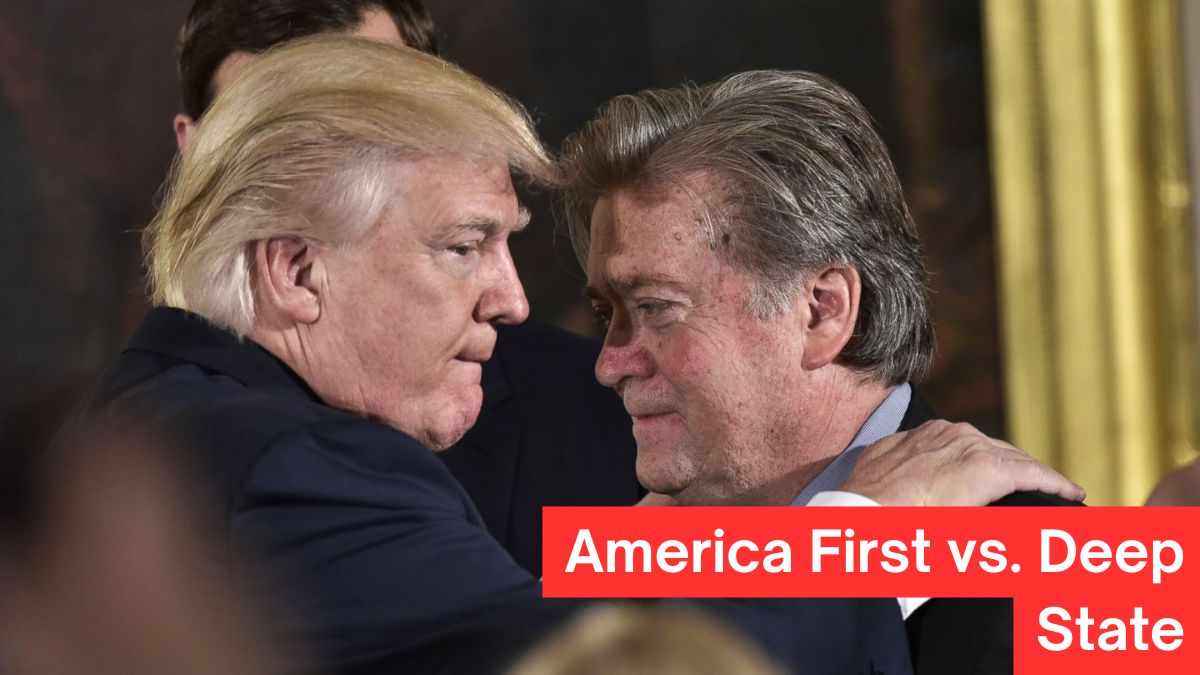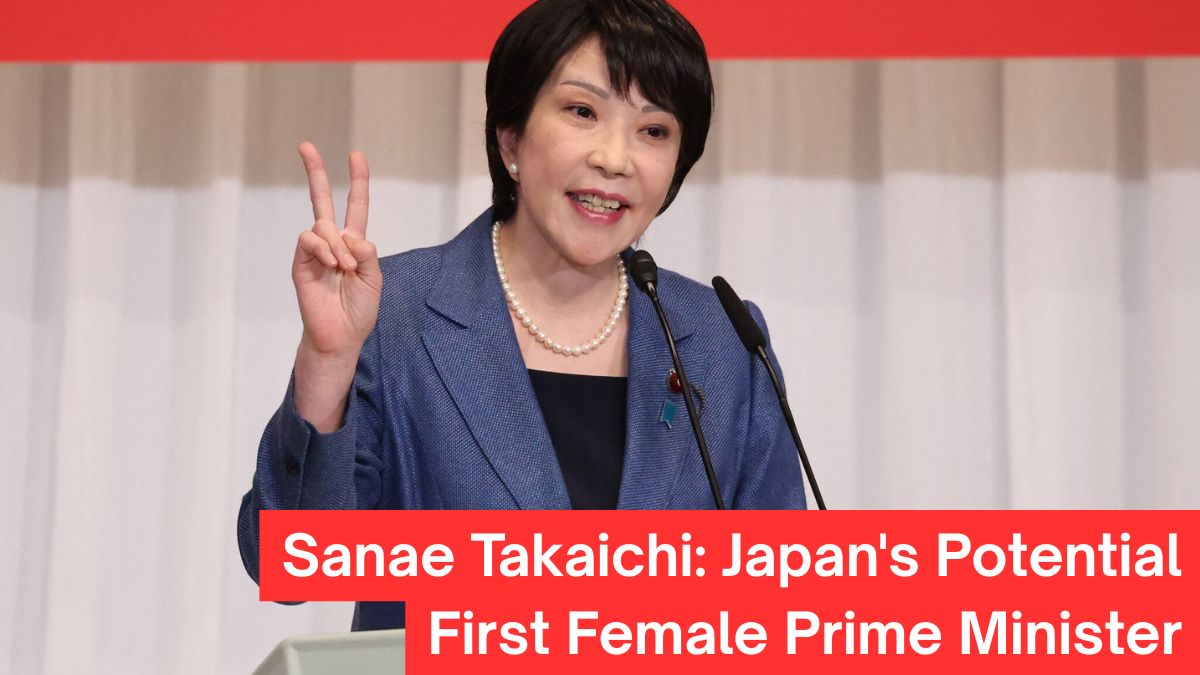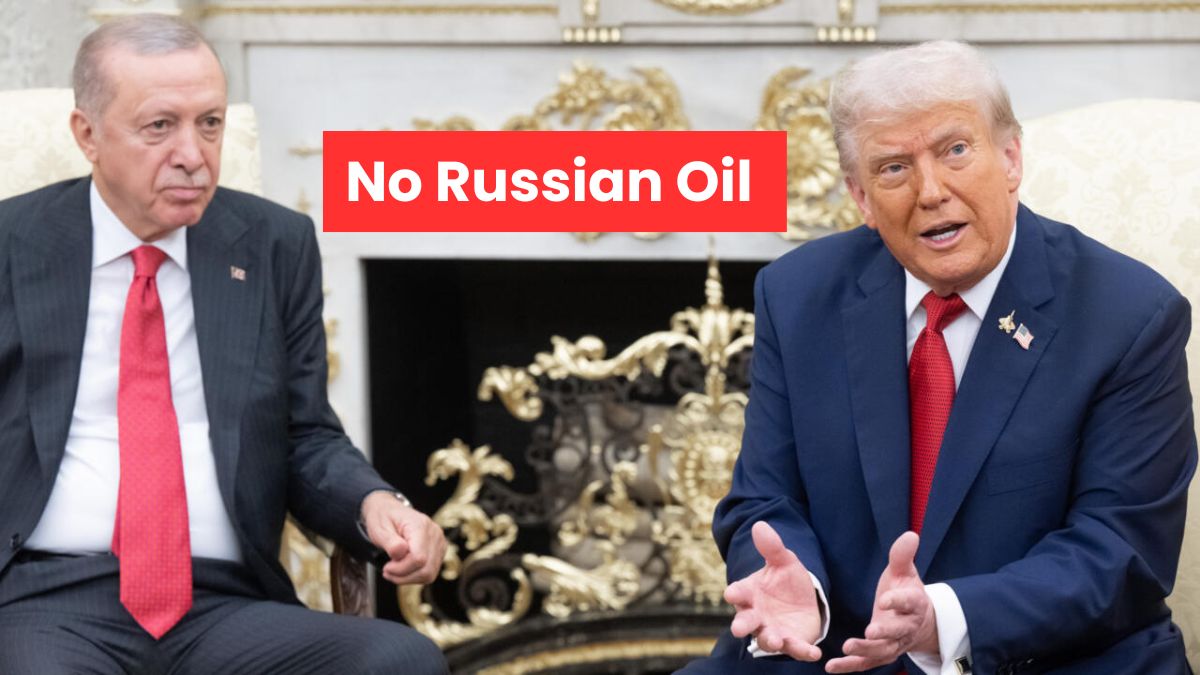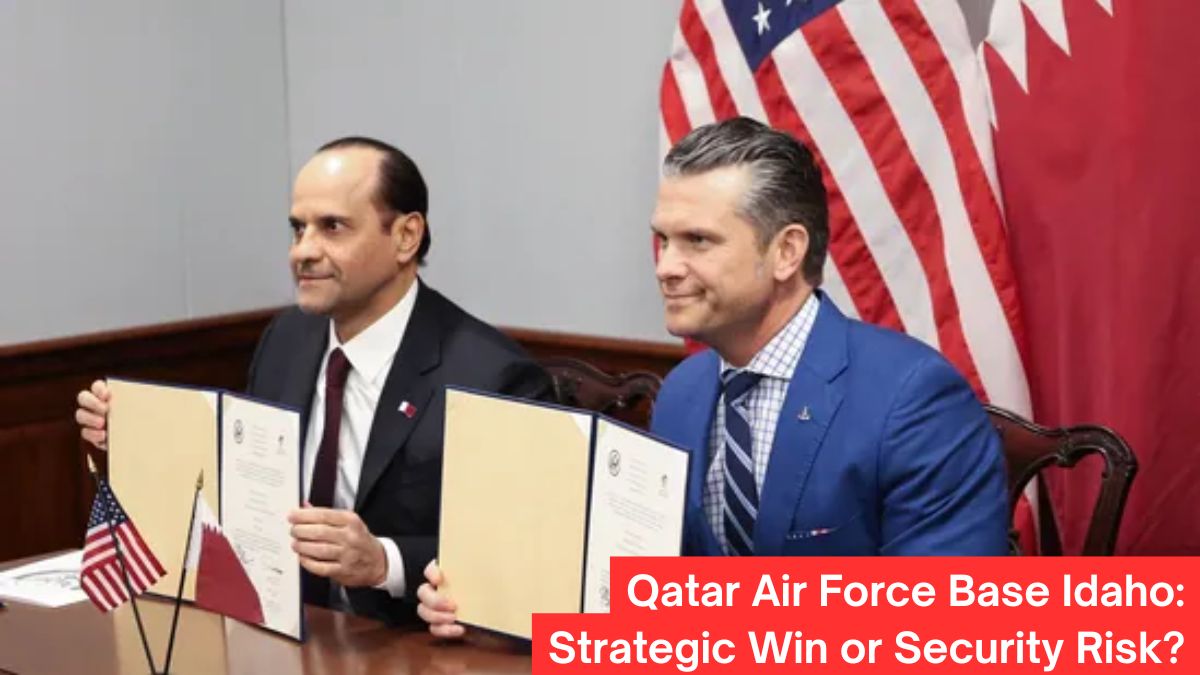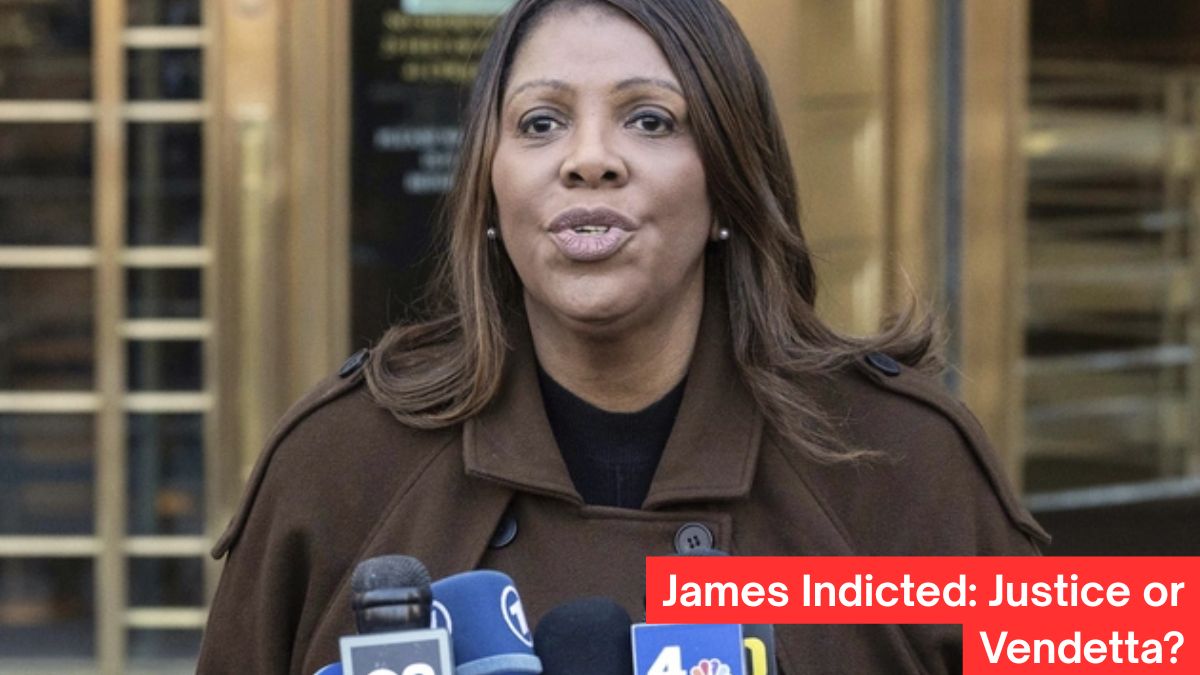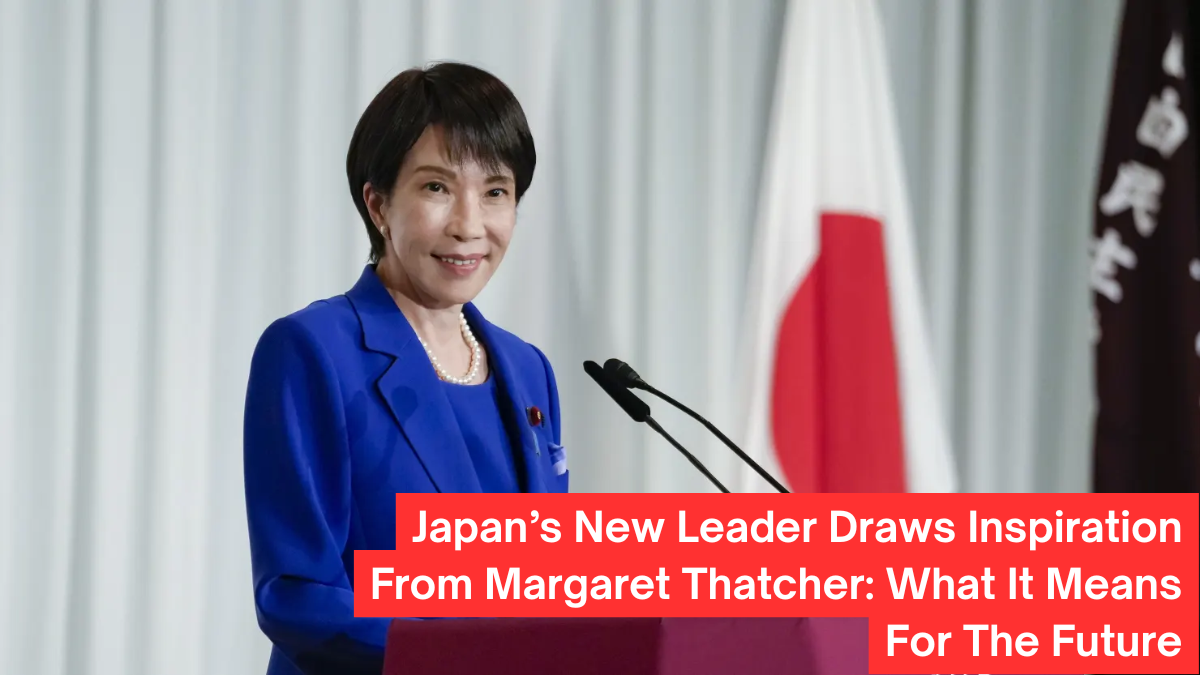The argument between “America First” and “Deep State” has gotten stronger in President Trump’s second term. Supporters say that his strong anti-antisemitism measures and foreign policy steps are brave moves against powerful interests, but critics say they put Israel’s needs ahead of those of the U.S., which makes things worse in Gaza, Lebanon, Yemen, and other places.
Key Takeaways
- Trump signed Executive Order 14188 in January 2025, intensifying actions against antisemitism.
- Measures include prosecutions, visa revocations, and deportations of students linked to pro-Palestinian protests.
- A DOJ task force has probed more than 60 universities, leading to funding freezes at places like Columbia.
- Supporters hail the moves as “law and order.” Critics warn of censorship, authoritarian overreach, and free speech violations.
- U.S. aid to Israel crossed $22 billion in 2025, fueling debates over “America First” versus “Israel First.”
- Polls show 53% of Americans now view Israel unfavorably, especially younger voters and some MAGA voices.
Trump’s New Order
Trump signed Executive Order 14188 in January 2025. This order built on earlier ones, such as EO 13899. After October 2023, it used federal resources against what he called a “unprecedented wave” of antisemitism. The order called for harsh prosecutions, visa cancellations for people who support Hamas, and the deportation of foreign students who took part in protests that were seen as antisemitic.
There was also a Joint Task Force to Fight Antisemitism led by the DOJ. It went to schools like Columbia, Harvard, and UCLA, saying they weren’t doing enough to protect Jewish students. This led to Columbia losing $400 million and investigations into more than 60 other universities under Title VI of the Civil Rights Act.
Supporters Cheer, Critics Push Back
On X, people who support Trump say that these actions are a strike against “foreign meddlers” and “left-wing radicals.” They say that cutting USAID “slush funds,” taking action against ANTIFA, and strong support for Israel are all wins for sovereignty.
But some people say the opposite. They think Trump’s attitude has changed from “America First” to “Israel First.” They say it gets the U.S. involved in conflicts in the Middle East, limits free speech, and uses fears of antisemitism as a cover for bigger crackdowns.
Critics say that actions like campus probes at Cal State, Harvard, and Princeton, ending DEI programs, screening foreign students for “anti-American views,” and moving research money to vocational schools are authoritarian. Opponents say this could make immigrants feel unwelcome and make divisions in the U.S. worse at a time when the economy is weak.
Different Reactions from Jews and the Public
Since 2023, antisemitic incidents have gone up by 33%, according to Jewish groups. However, many people are still not happy with how Trump is handling things. They say that his policies use fear to weaken Jewish criticism of Israel and are similar to the “Russia hoax” stories he used to speak out against.
There are also problems with public opinion. By early 2025, 53% of Americans had a negative view of Israel. This was most common among younger people and MAGA isolationists like Tucker Carlson and Rand Paul. These critics say that supporting Israel without conditions is “un-American” and that it hurts the MAGA movement itself.
The Israel First Rift and Global Fallout
Trump’s speech at the UNGA in September 2025 brought attention to a Gaza ceasefire plan that heavily favoured Israeli demands. It linked threats of U.S. enforcement to the return of hostages, the dismantling of Hamas, and control of the perimeter. Some people said this showed that the government’s anti-globalist rhetoric at home was at odds with its interventionist foreign policy.
In 2025, the U.S. gave Israel more than $22 billion in aid. This raised questions about the U.S.’s credibility, the cost to taxpayers, and the benefits to Americans. Hashtags like #IsraelFirst are now all over the place, showing the split within MAGA and changing the way people talk about U.S. foreign policy.
A Quick Look at Supporters and Critics Supporter Views (Things They Like) Critics’ Views (Concerns)
Policies Against Anti-Semitism People see task forces and prosecutions as ways to fight chaos and threats linked to Hamas. Seen as an excuse for censorship, deportations, and cutting funds, which hurts free speech.
America First vs. Global: Cuts to globalist programs restore sovereignty; support for Israel is seen as strategic.
Hypocrisy: costs $22 billion or more in aid, fuels wars abroad, and ignores U.S. debt and division.
Links to the Deep State Taking away the power of establishment figures and making agencies responsible. Links to extremists and uses DEI rollbacks and visa screens to copy Deep State methods.
Final Thoughts
The fight over “America First vs. Deep State” has become a major test of Trump’s second term. His crackdown on antisemitism shows that the government is loyal to sovereignty and protecting Jews, according to some. For some, it marks a dangerous shift to “Israel First,” which leads to wars abroad, silences dissent at home, and splits his own base.
